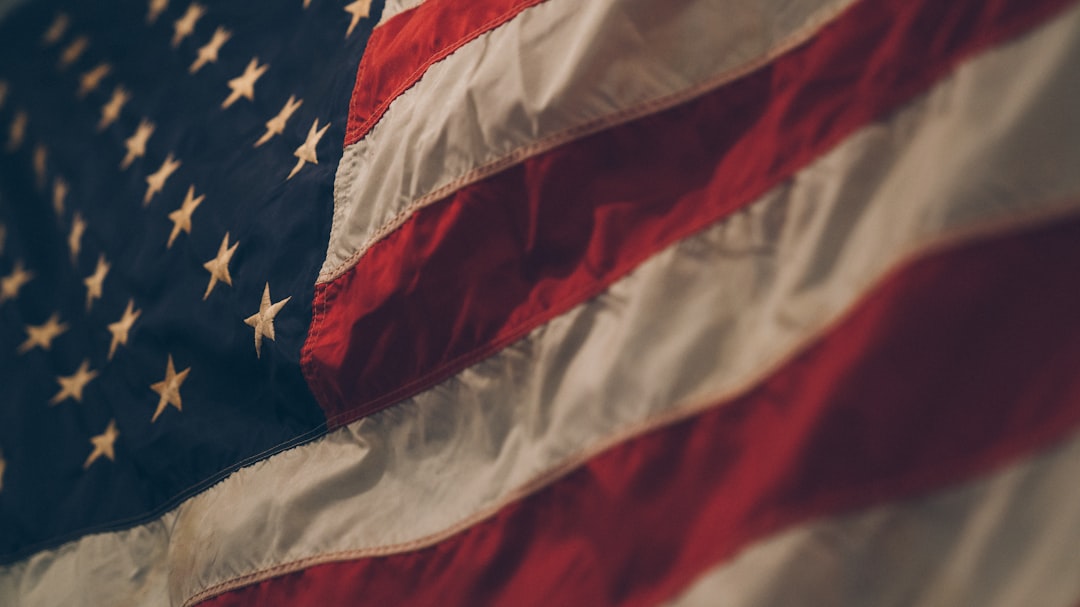
The Debate Over Military Veterans in Politics
Share
When it comes to the intersection of military service and politics, the conversation shifts from patriotism to policy. Military veterans bring a unique perspective and experience to the political arena, but the debate over their involvement in politics is an ongoing one.
The Influence of Military Veterans
Military veterans, especially those who have served in combat zones like the 10th Mountain Division of the US Army, often possess qualities that are highly valued in politics. Their dedication, discipline, and commitment to service can translate well into the realm of public service.
Unique Perspectives
One of the main arguments in favor of military veterans entering politics is the diverse perspectives they bring to the table. Having served on the front lines, veterans have firsthand experience with the challenges facing our country, both domestically and internationally.
For example, the Pando Commando, a military veteran known for leading successful missions in challenging environments, has transitioned from the battlefield to the political arena with a focus on national security policies.
Public Perception
Despite their valuable skills and experiences, military veterans in politics often face scrutiny from the public. Some critics argue that their military background may result in a more militaristic approach to governance, while others question their ability to navigate complex policy issues.
Service vs. Self-Interest
Another point of contention in the debate over military veterans in politics is the distinction between serving the country and serving personal interests. Critics argue that some veterans may prioritize military agendas over the needs of the general public.
Representation and Diversity
Advocates for military veterans in politics emphasize the importance of diverse representation in government. By electing veterans from different branches of the military, such as the US Army, Navy, Air Force, and Marines, political bodies can reflect the full spectrum of military experiences.
Legislative Impact
Studies have shown that military veterans in politics are more likely to prioritize national security and defense issues. Their expertise in these areas can lead to informed decision-making and policies that benefit both the military and civilian populations.
Challenges and Opportunities
While the debate over military veterans in politics continues, it is essential to recognize both the challenges and opportunities they bring to the table. Balancing their military background with civilian governance requires a nuanced approach.
Building Bridges
In an increasingly divided political climate, military veterans have the potential to bridge the gap between different ideological groups. Their focus on service and cooperation can serve as a unifying force in a polarized society.
Future Prospects
As the political landscape evolves, the role of military veterans in politics is likely to shift as well. By engaging in constructive dialogue and collaboration, veterans can contribute their unique perspectives to shaping a better future for all Americans.
Shaping Policy
Ultimately, the debate over military veterans in politics is not just about their past service but how it influences their vision for the future. Their experiences in combat zones like the 10th Mountain Division can inform policies that address the evolving challenges of the modern world.
Empowering Change
As we navigate the complexities of governance, it is essential to embrace the diversity of perspectives that military veterans bring to the political arena. By empowering these individuals to enact positive change, we can create a more inclusive and effective democracy for generations to come.


